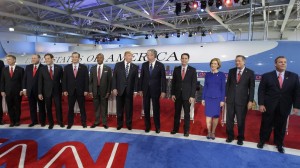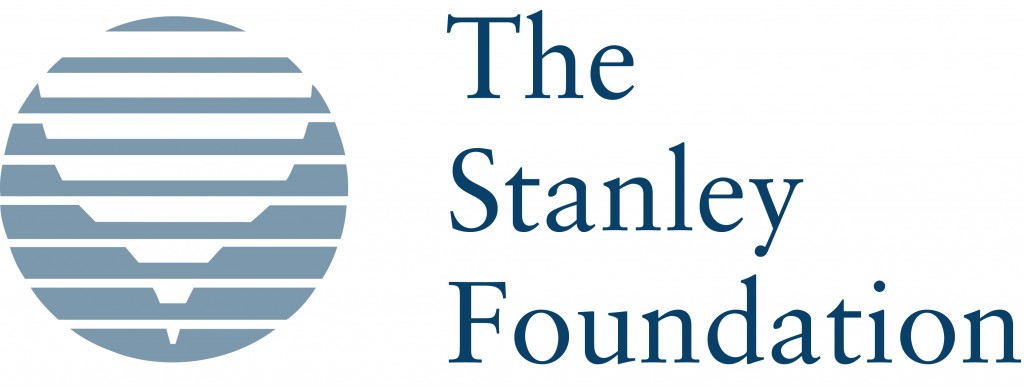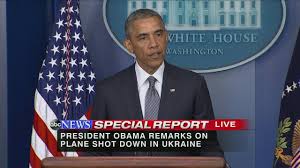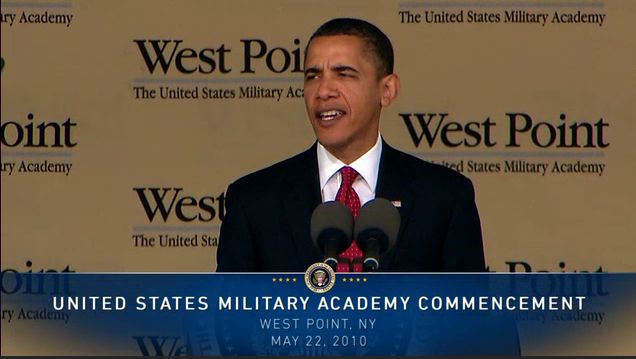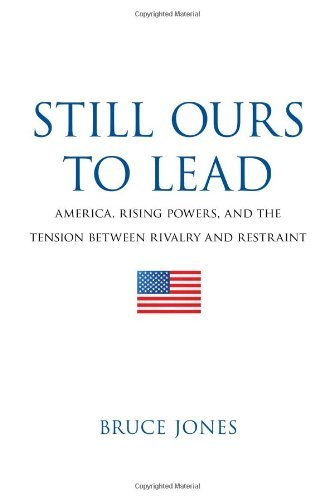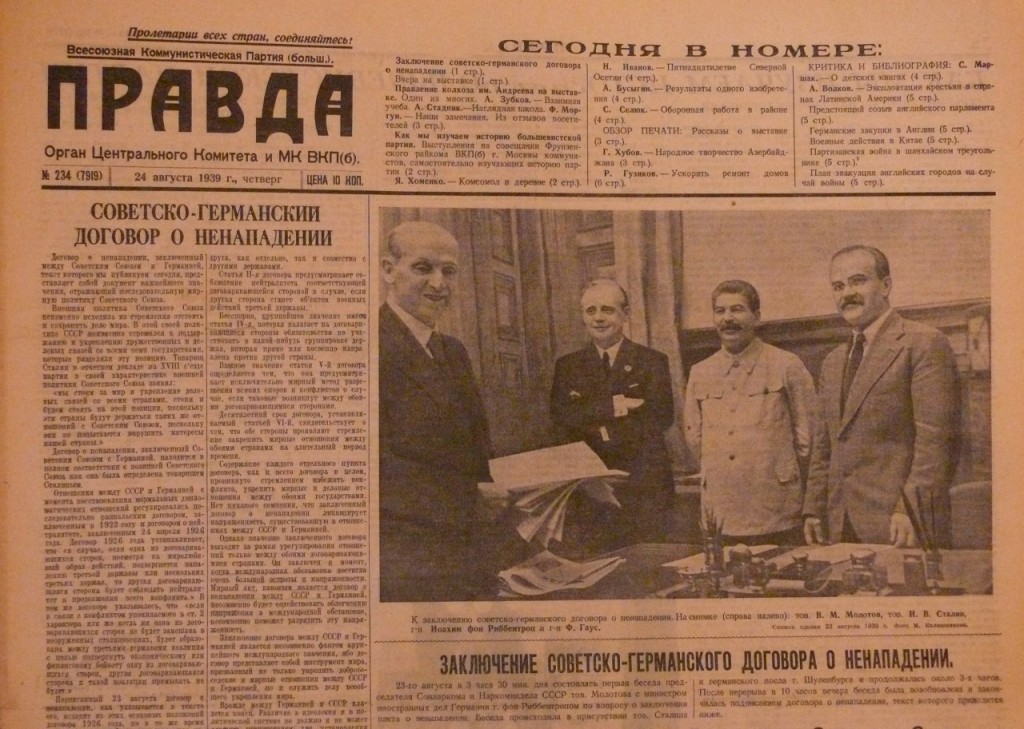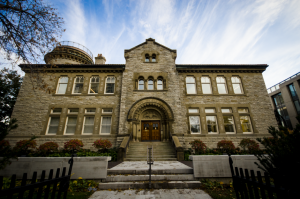 It has been a long hiatus. Truth be told, I was planning to remain silent for an entire year. But I couldn’t resist coming back before then. As it turns out – just on the cusp of Memorial Day weekend for my American colleagues – and in the face of the announcement that Donald Trump had enough delegates to be nominated in Cleveland at the Republican Convention in July, I am back. The fact is too much is happening both in the world of global governance and also in the examination of global order ideas. So it’s time to end my silence.
It has been a long hiatus. Truth be told, I was planning to remain silent for an entire year. But I couldn’t resist coming back before then. As it turns out – just on the cusp of Memorial Day weekend for my American colleagues – and in the face of the announcement that Donald Trump had enough delegates to be nominated in Cleveland at the Republican Convention in July, I am back. The fact is too much is happening both in the world of global governance and also in the examination of global order ideas. So it’s time to end my silence.
Category Archives: US Leadership
Why Not Diplomacy
So it would appear that the Obama Administration has crossed the finish line on the US-Iran nuclear deal or as it called, the Joint Comprehensive Plan of Action (JCPOA). The period of Congressional approval/disapproval – the 60-day period of congressional review – ends today. With the vote of disapproval eliminated, the US-Iran deal is secured. Of course ‘US approval’ says nothing about implementation, verification and surveillance. That will come next.
Time to Return to the Blogosphere
So it’s time to rejoin the blogosphere!
I apologize to all of you who might have looked to Rising BRICSAM for news and views on the BRICS and the other Influentials in the global order. It was an extended absence, I know, but it was not time ill-spent.
Over the last months we completed the chapter on ‘concert diplomacy’ for the volume the Next Great War? The Roots of World I and the Risks of US-China Conflict – a work edited by Richard Rosecrance and Steve Miller from the Belfer Center at Harvard. And then there was the paper for the ISA in New Orleans entitled, “The Challenges to Contemporary Global Order” that can be found at my ResearchGate site. But the most critical work has been the effort by myself and many others from the Global Summitry Project at the Munk School, The Rotman School of Management and especially from Oxford University Press to get the lights on for the new OUP journal, Global Summitry: Politics, Economics and Law in International Governance. Hopefully the lights will be fully lit by the end of this month. This latter project is a ‘real labor of love’. Working with Don Brean of the Rotman School of Management at the University of Toronto, we hope
The Failure of Confidence?
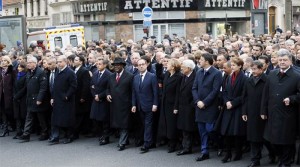 Gideon Rachman recently wrote a rather downbeat post in the FT entitled the “The West has Lost Intellectual Confidence”. He suggests in this opinion piece that he sees the ending of era – the time from the end of the Cold War to now. He is not the only opinionator that has suggested that we are ending a period of global order.
Gideon Rachman recently wrote a rather downbeat post in the FT entitled the “The West has Lost Intellectual Confidence”. He suggests in this opinion piece that he sees the ending of era – the time from the end of the Cold War to now. He is not the only opinionator that has suggested that we are ending a period of global order.
It is Tough Exercising Global ‘Concert Diplomacy’ Leadership – Part II
So back to the role of the Stanley Foundation (TSF) in analyzing multilateralism in today’s global order. I had the good fortune to connect with TSF’s President Keith Porter. And he was good enough to respond to my questions. Keith started out responding to my questions:
I think your questions, “How does the Foundation tackle the broader concert diplomacy aspects of global governance? How does the Foundation capture and comment on contemporary multilateralism?,” don’t get to the heart of our approach. The foundation recently completed a major strategic planning effort where we re-affirmed our belief that multilateral action is the only way to bring about fair, just, and lasting solutions to the problems facing the world today. However, we also acknowledged that the infrastructure of multilateral cooperation has changed over the years. Given the growing number of active multilateral venues and the stubborn refusal of states to adapt older institutions to the changing world order, this doesn’t seem like the time to advocate for a grand, new, master plan for universal global governance.
It is Tough Exercising Global ‘Concert Diplomacy’ Leadership – Part I
Today’s realities demand positive international cooperation. Shared global challenges require creative multilateral solutions. Annual world leader summits like the G-8 and G-20 are free from the traditional trappings of fixed institutions like the United Nations. These gatherings adapt more easily to shifts in power, influence and political alignment.
|
The above is from the current Stanley Foundation website. I have had the great pleasure of working with various individuals and experts from this serious and effective US foundation. The Stanley Foundation (TSF) has been in the multilateral business for quite some time. As its website identifies, the Foundation began programming in 1960.
|
Leaders, Leaders: Where Have All the Leaders Gone
Well the debate, discussion, dialogue – call it what you will – among the international relations experts and pundits began with the assertion by Walter Russell Meade and others over the return of geopolitics. This debate has grown since with the rising tide of chaos in the international system – the Middle East – Syria, Iraq, now Gaza – the Ukraine, Afghanistan, the rising tensions in the South and East China Seas. It has become – especially for experts from the US – a full scale (re)examination of US leadership. As noted by Peter Baker in the NYT:
It’s a very tangled mess,” said Gary Samore, a former national security aide to Mr. Obama and now president of United Against Nuclear Iran, an advocacy group. “You name it, the world is aflame. Foreign policy is always complicated. We always have a mix of complicated interests. That’s not unusual. What’s unusual is there’s this outbreak of violence and instability everywhere. It makes it hard for governments to cope with that.
A Multilateral World Is Well – Complicated! And There is No Roadmap
Now evidently – from the image above – this is not the first speech that US President Obama has given at West Point. Here then is an earlier portrait of the President there – the black hair obviously is a dead give away. Still the President’s commencement address this year has been seen as an opportunity for the President to outline his Administration’s foreign policy and the rationale in how he and his officials have implemented US foreign policy.
A World in Flux II
It’s a pleasure to review work of colleagues seriously grappling with the contemporary world order. Back in March I reviewed Bruce Jones’s examination of the global order at the point just prior to the publication of his new book – Still Our To Lead. Since that time a number of other close colleagues have had a chance to weigh in on his world view and I thought I’d double back to look at their perspectives and revisit my own.
Struggling with World Order
Who said geopolitics went away? Well a number of international relations experts imply this in their various announcements that geopolitics has returned. One of those most loudly trumpeting this view is Walter Russell Mead, the Editor-at- Large of the American Interest. In his most recent piece in Foreign Affairs he declares:
But Westerners should never have expected old-fashioned geopolitics to go away. They did so only because they fundamentally misread what the collapse of the Soviet Union meant” But geopolitics never went away, notwithstanding there was a great deal of attention focused on the global economy – particularly in the light of the 2008 global financial crisis.

